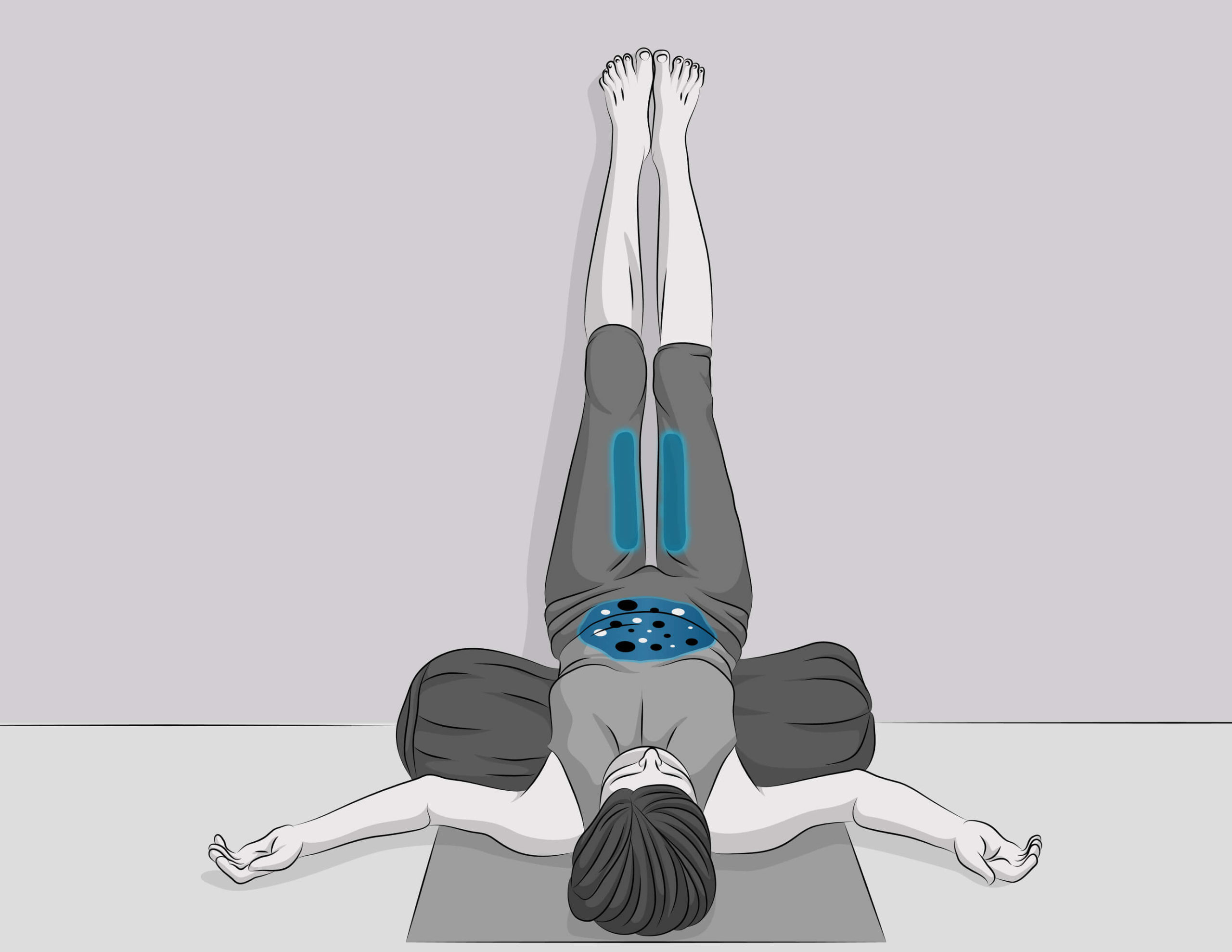The Importance of High-Protein Foods
Protein is a crucial macronutrient in our diets that plays a vital role in the building, maintenance, and repair of our body’s tissues. Proteins are made up of amino acids, which are often referred to as the building blocks of life. Essential amino acids, which our body cannot produce on its own, must be obtained through the foods we eat. Incorporating high-protein foods into our diet provides the raw materials our body needs to function optimally.
Benefits of High-Protein Diets
Consuming a diet rich in high-protein foods offers numerous health benefits. It can assist in weight management by enhancing satiety, thus reducing overall caloric intake. Protein is also vital for muscle growth and repair, which makes it especially important for athletes or those engaged in regular physical activity. Furthermore, a diet high in protein can help stabilize blood sugar levels, preserve bone density, and support a healthy immune system.
Optimal Sources of Protein
Not all protein is created equal, and the source of protein is an important consideration. Animal proteins such as chicken, beef, eggs, and dairy are termed ‘complete proteins’ because they contain all nine essential amino acids. However, there are also many plant-based sources of protein that offer the added benefit of fiber, vitamins, and minerals, but they may not always provide all essential amino acids on their own. These include legumes, tofu, quinoa, nuts, and seeds. Balancing animal and plant sources can provide a well-rounded profile of amino acids.
High-Protein Foods for Your Diet
There are a plethora of high-protein foods that can fit into any meal plan, whether it’s for muscle-building, weight loss, or just maintaining a balanced diet. Here are some of the best:
Animal-based proteins:
– Chicken breast: Lean and versatile, chicken breast is an excellent source of protein.
– Turkey: Similar to chicken, but with a slightly different taste profile.
– Eggs: Offering both versatility and a complete amino acid profile, eggs are a protein powerhouse.
– Greek yogurt: High in protein and probiotics, it’s beneficial for gut health as well as protein intake.
– Cottage cheese: Also high in protein and can be used in a variety of dishes, from savory to sweet.
– Fish: Options like salmon and tuna are not only rich in protein but also in healthy omega-3 fatty acids.
Plant-based proteins:
– Lentils: a staple in many vegetarian diets, lentils are a great source of protein and fiber.
– Chickpeas: Versatile in dishes like hummus or salads, chickpeas are a nutritious protein choice.
– Quinoa: One of the few plant foods that contain all nine essential amino acids.
– Almonds: A handy snack that packs protein along with healthy fats.
– Tofu: Made from soybeans, tofu is a staple in many vegetarian and vegan diets.
Incorporating High-Protein Foods into Meals
Adding high-protein foods to your diet doesn’t have to be a daunting task. Start by including a protein source in every meal. For breakfast, consider eggs or Greek yogurt; for lunch, perhaps a quinoa salad with chickpeas or a turkey wrap; and for dinner, grilled chicken or tofu stir-fry.
Snacks can also be protein-focused: a handful of nuts, cottage cheese with fruit, or a protein shake can help you power through the day. For vegetarians and vegans, combining different plant proteins like beans and rice can ensure that you get all essential amino acids.
Always aim for variety in your protein sources to receive a broad spectrum of nutrients, and consult with a healthcare professional or a registered dietitian if you have specific dietary concerns or health conditions.
Conclusion
High-protein foods are essential to a balanced diet and come with a variety of health benefits. They help repair and build tissues, contribute to muscle growth, and can assist in weight management and satiety. Whether you are an omnivore, vegetarian, or vegan, there are ample options to choose from to meet your protein needs. By incorporating a diverse range of high-protein foods into your meals and snacks, you can ensure that your body is powered up and ready to tackle your daily activities and long-term health goals.




